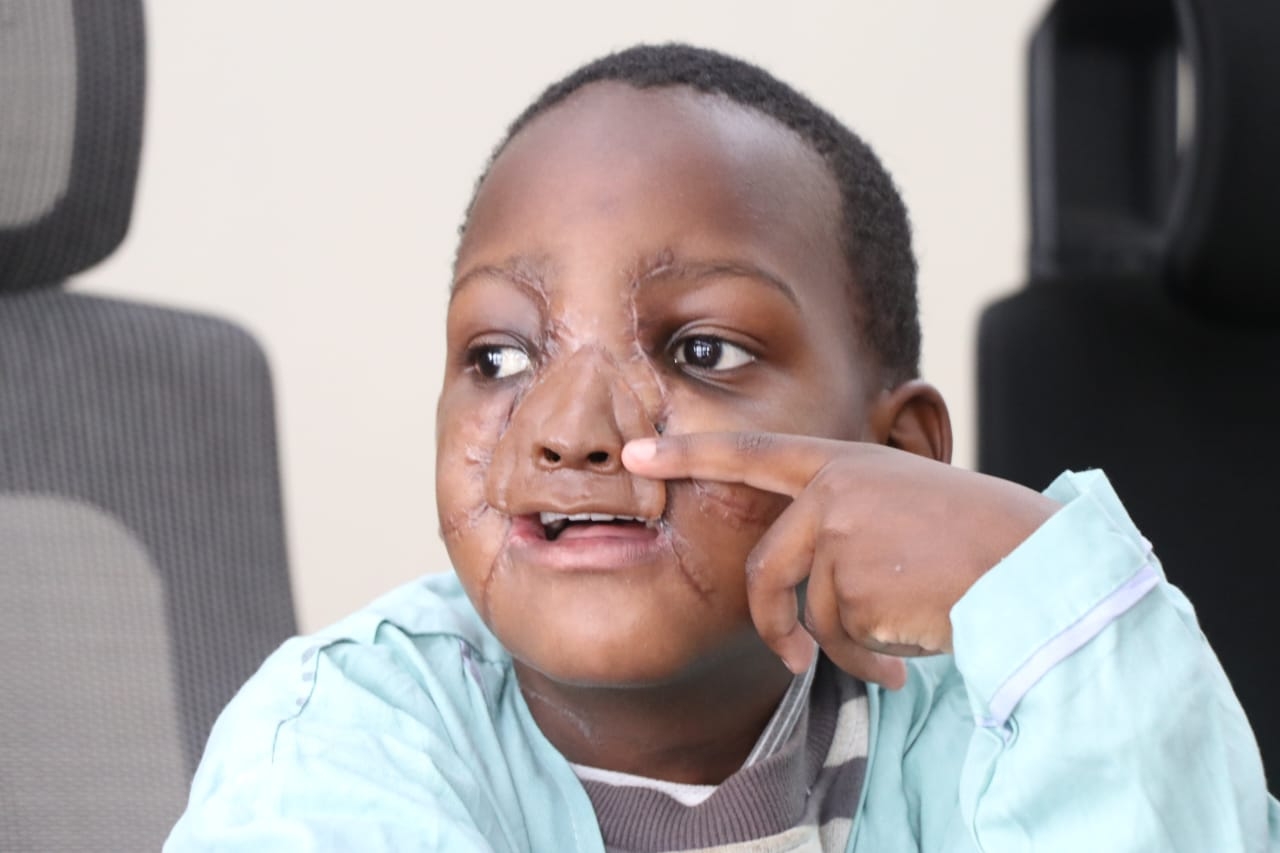 Mothers-in-law expressed concerns that a their sons involvement in pregnancy and childcare
signalled laziness by the wife,
a lack of masculinity on
the sons, or even bewitchment.
Mothers-in-law expressed concerns that a their sons involvement in pregnancy and childcare
signalled laziness by the wife,
a lack of masculinity on
the sons, or even bewitchment.
They are notorious in movies and TV for being difficult. And they often become a convenient scapegoat for marital tensions and family conflicts.
But now scientists say they have evidence of this interference in marriages and how it negatively affects maternal, newborn, and child health (MNCH) services in Kenya.
Their study identifies mothers in law as the key enforcers of traditions that keep men out of maternal and child health.
It is published in the International Journal of Environmental Research and Public Health.
Men’s involvement in maternal, newborn, and child health (MNCH) is known to improve the health of the entire family.
But it involves them accompanying their wives to antenatal clinics, helping around the house, sometimes cooking and cleaning the baby.
The exact thing
mothers-in-law are against their sons doing.
The researchers gathered 53 women—35 mothers (wives) and 18 mothers-in-law (women with married sons)—in Kakamega for a series of focus group discussions. They were asked their views on men engaging in MNCH.
The resistance of mothers-in-law to their sons’ participation in MNCH activities was stark. Many expressed concerns that a man’s involvement in pregnancy and childcare signaled laziness by the wife, a lack of masculinity on the man, or even bewitchment.
One newly-married woman said: “My husband never even helps in washing the child. My husband is a ‘Mama’s boy.’ He stays at his mother’s place almost all the time and whatever he is told by his mother is what he does... She does not want him to help me with any household chores and to accompany me to the hospital.”
The research paper is titled: “My Husband Is a ‘Mama’s Boy’: Women’s Views on Male Engagement in Maternal, Newborn, and Child Health in Western Kenya.”
A recent policy brief by the World Health Organization – titled Nurturing care and men’s engagement – indicates male engagement has multiple health benefits to the man, the wife and child.
Many initiatives to promote male engagement have since sprout up in Kenya.
However, the researchers said most of these initiatives do not weigh the benefits and risks that women may experience because of increased male participation in MNCH.
They therefore sought to qualitatively assess how women perceive and experience increased male engagement in MNCH in western Kenya. And whether indeed women want men accompanying them to clinics.
“Our
findings suggest that the level of support for increased male involvement in
MNCH varies depending on the type of participant,” they said.
Younger mothers generally welcomed their husbands involvement in MNCH, particularly in financial support, joint decision-making, and emotional backing. However, they acknowledged societal barriers preventing their husbands from fully participating.
“In our community, many men do not help their wives because they fear being
laughed at by their friends. They will be seen as fools,” one mother explained.
“My husband’s involvement would make me very happy. It will show that he wanted the pregnancy, and we are in this together,” one participant said.
Kenya’s National Reproductive Health Policy 2022 - 2032 provides for greater involvement of men in MNCH.
It was partly informed by a 2014 survey by the National Council for Population and Development on the perceptions of male involvement in reproductive health in Kenya.
“Generally the findings show a more negative perception of male involvement in Family planning and reproductive health than the proponents of male participation,” NCPD said in its 214 report, the National Survey on Male Involvement in Family Planning and Reproductive Health in Kenya.
The Ministry of Health currently encourages antental clinics to give priority to women accompanied by their husbands as a way of encouraging male involvement. However, this is not captured in an official policy.
The current study also indicates
many women have reservations about men’s involvement in some aspects of MNCH.
“If men accompany their wives to health facilities to control their movement and actions, then women will not have the chance to meet other women and engage in conversations about their pregnancy, childbirth, and childcare experiences,” the study noted.
Another significant fear was that men might use their engagement to assert
control over reproductive decisions, including family planning and
contraceptive use. Some women
worried that having their husbands present during medical consultations might
limit their ability to discuss sensitive health issues with healthcare
providers.
The study used Connell’s theory of masculinity to explore how traditional beliefs shape male involvement in MNCH. Hegemonic masculinity, which emphasises male dominance and control, was found to be a major factor in discouraging men from taking active roles in maternal and child health.
Some women said men participating in MNCH challenges their cultural identity, making them vulnerable to ridicule and rejection. This societal pressure forces women into a difficult position—wanting their husbands’ help but fearing the backlash that comes with breaking gender norms.
The
study says while
male involvement in MNCH has clear benefits, there is need for approaches that
consider women’s perspectives.












